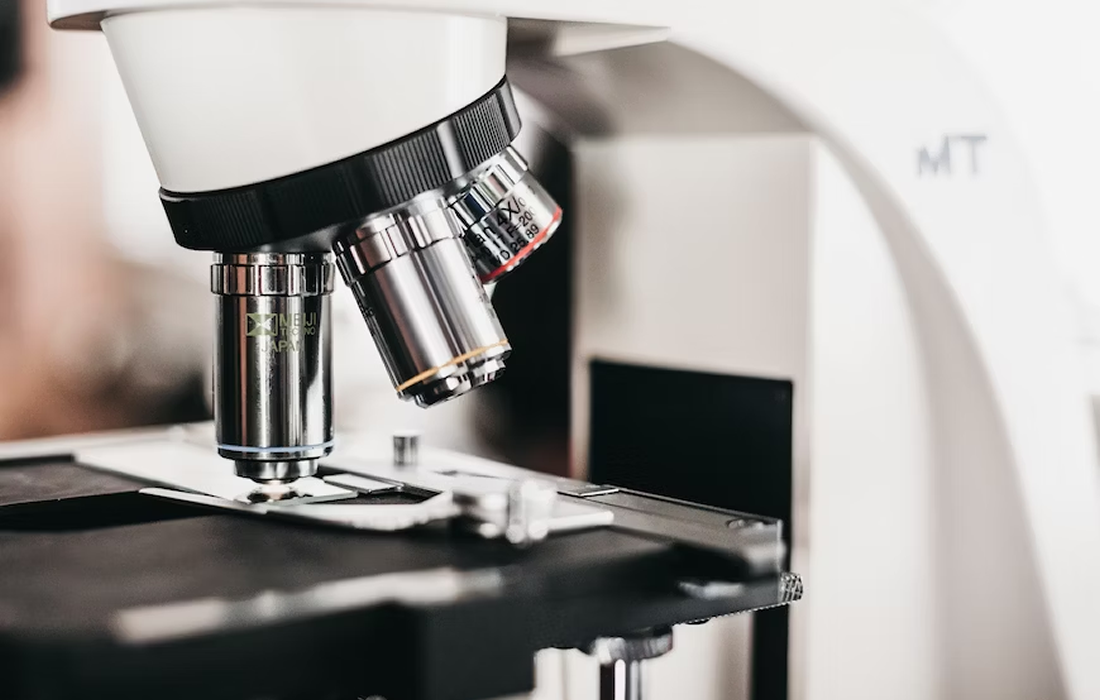A multicenter research team developed the first drug to treat the uncontrolled secretion of mucins in the airways, which causes potentially life-threatening symptoms in millions of Americans with asthma, chronic obstructive pulmonary disease (COPD) and cystic fibrosis (CF), as well as lung disease resulting from cancer and cancer treatment. “Mucus is a significant problem in […]
Category Archives: Regenerative Medicine News and General Information
Regular physical activity may protect against cognitive decline as we get older, but this protective effect may be diminished for people who are not getting enough sleep, according to a new study by UCL researchers. The study, published in The Lancet Healthy Longevity, looked at cognitive function over 10 years in 8,958 people aged 50 […]
Researchers have known that a lack of quality sleep can increase a person’s risk of diabetes. What has remained a mystery, however, is why. Now, new findings from a team of sleep scientists at the University of California, Berkeley, are closer to an answer. The researchers have uncovered a potential mechanism in humans that explains […]
The study that has found how fluctuations of estrogen make fluctuations on levels of the protein calcitonin gene-related peptide (CGRP) that plays a big part in migraine, involved three groups of female participants with episodic migraine. All had at least three days with migraine in the month before the study. The groups were those with […]
University of Virginia School of Medicine researchers have discovered how the cells that let us hear can repair themselves after being damaged. That important insight could benefit efforts to develop new and better ways to treat and prevent hearing loss. “Hair cells” found in the inner ear, are important both for our ability to hear […]
A study led by Nagoya University in Japan has identified three previously unknown membrane proteins in ovarian cancer. Using a unique technology consisting of nanowires with a polyketone coating, the group succeeded in capturing the proteins, demonstrating a new detection method for identification of ovarian cancer. The discovery of new biomarkers is important for detecting […]
In a world-first clinical trial published in the journal Nature Medicine, a multi-centre study from Lawson Health Research Institute, the Centre hospitalier de l’Université de Montréal (CHUM) and the Jewish General Hospital (JGH) has found fecal microbiota transplants (FMT) from healthy donors are safe and show promise in improving response to immunotherapy in patients with […]
A study conducted by researchers from the Department of Neurology at MedUni Vienna and University Hospital Vienna has demonstrated for the first time that diagnosis of multiple sclerosis (MS) can be significantly improved by additionally measuring the thickness of retinal layers in the eye. Use of the procedure, which is already available at the Departments […]
Published in the Journal of Clinical Oncology, University of Minnesota Medical School researchers led a study that demonstrated the safety of using microbiota transplant therapy (MTT) in patients with acute myeloid leukemia (AML) — a type of blood cancer — and recipients of hematopoietic cell transplantation (HCT). Current treatment for patients with AML and who […]
Cancer cells with extra chromosomes depend on those chromosomes for tumor growth, a new Yale study reveals, and eliminating them prevents the cells from forming tumors. The findings, said the researchers, suggest that selectively targeting extra chromosomes may offer a new route for treating cancer. The study was published July 6 in the journal Science. […]










